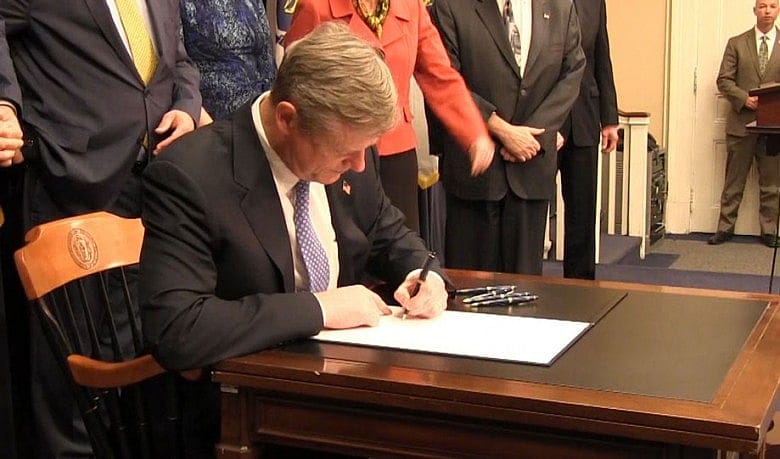Fentanyl trafficking bill signed into law

Gov. Charlie Baker signed legislation Tuesday making it a crime punishable by up to 20 years in prison for trafficking the potent synthetic opiate fentanyl, which law enforcement has blamed for numerous overdose deaths.
"We're not only talking a lot about this issue, but we're doing quite a bit," Baker said after signing the bill the passed the Legislature on the final day of formal sessions last week.

